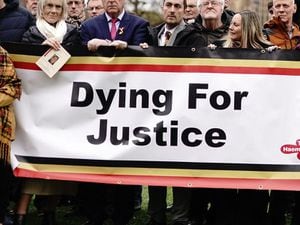NHS and social care require £12bn for future after pandemic, report says
Covid-19 has undone years of progress and threatens a decade of health disruption, the Institute for Public Policy Research said.
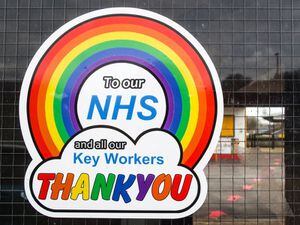
An extra £12 billion a year investment is needed in the NHS and care system to try and recover the damage done by Covid-19, according to a report which looked at the impact of the pandemic.
Covid-19 has inflicted such damage on England’s health and care services that it has undone years of progress and threatens “decade of health disruption,” the Institute for Public Policy Research (IPPR) said in its State of Health and Care report.
There have been 31 million fewer GP appointments, which will be most concerning for people with long-term conditions, and an additional 4,500 avoidable cancer deaths are expected this year because of pandemic disruptions, the report found.
Checks on people with severe mental illnesses have fallen below a third of their target levels, resulting in 235,000 fewer people having been referred for psychological therapies.
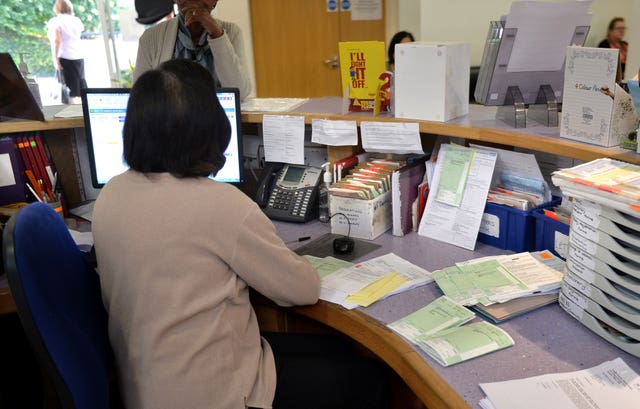
The IPPR says the severe strain being endured by the NHS in England can be tackled with an extra £2.2 billion per year for the next five years to try and pull back on the elective backlog and manage the mental health surge.
Just restoring England’s NHS to its pre-pandemic level is not enough, according to the IPPR, which calculates that a further £10.1 billion of annual investment would be needed on top of the £2.2 billion Covid-19 catch-up funding to help get it back on course to meet its own NHS Long Term Plan objectives.
The IPPR believes this spending should be funded by borrowing but taxes will need to rise in the future to fund the higher spending permanently.
The report offers costed solutions to the shrinking workforce, the crisis in care and fragmented health services, according to lead report author and IPPR research fellow Dr Parth Patel.
He said: “The NHS has been there for us, from outbreak to vaccine. Our blueprint for reform is the booster shot it now dearly needs.
“A decade of austerity left our NHS running at the top of its capacity, rather than the top of its game. As a result, the consequences of the pandemic on people suffering with illnesses such as cancer and depression have been huge. There is a real risk now that this damage embeds and the NHS falls further down international rankings.”
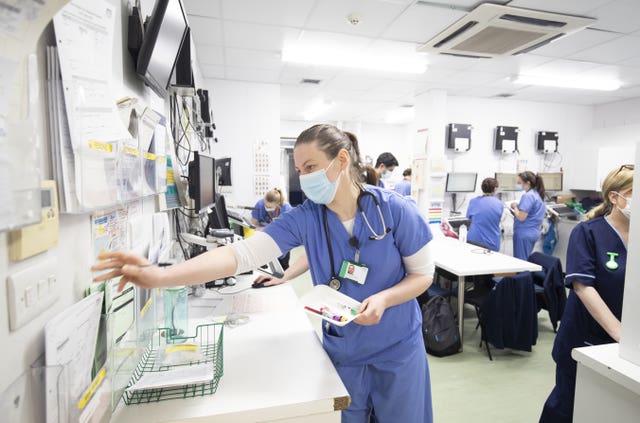
It also says that social care should be free at the point of need and internet costs should be reimbursed for those most in need.
Royal College of Nursing chief executive and general secretary Dame Donna Kinnair said “the government must take urgent action to retain the thousands of exhausted and over-worked nursing staff.”
She added: “We are clear this means investing in a 12.5% pay rise because more nursing staff will equal better patient safety.
“When the pandemic ends, services cannot be rebuilt better without the health and care professionals to operate them. Nursing staff must be at the heart of any recovery plans.”
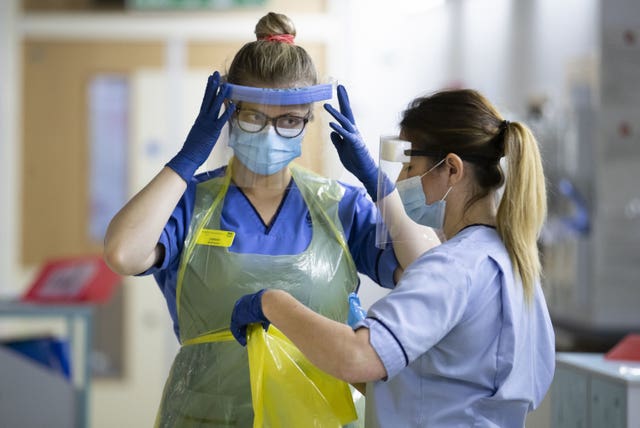
Upgrading ageing buildings as part of increased NHS infrastructure spending which also helps create more capacity is also needed.
It was suggested that increased integrated working between health, care and public health services would be helpful in improving outcomes and it is time for the NHS to get an upgrade of it digital infrastructure.
The report also calls for a long-term plan for social care that drives low quality providers out of the market, puts a cap on accommodation costs, shifts ownership back to public and voluntary sectors and brings care worker pay in line with NHS pay scales.
The report was launched as NHS leaders stated that staff burnout and a surge in mental illness are the post-pandemic challenges which they are most worried about.
These two issues were each feared by 44% of the 172 senior leaders in NHS agencies and local government who were questioned in a IPPR- commissioned poll.
There were 80% of NHS leaders who believed that social care reform will be “very important” if the NHS is to achieve the targets set out in the NHS Long Term Plan.
A Government spokesman said: “We are backing the NHS in every possible way in our fight against this virus, investing £63 billion this year and £22 billion next year.
“This investment comes on top of £9.4 billion capital funding to build and upgrade 40 new hospitals and £3 billion we have earmarked for supporting recovery and tackling the NHS waiting lists.
“It is already making a difference, with average waiting times for elective treatment falling by 40% since July and we will continue to work with the NHS to ensure all patients receive the best quality care as quickly as possible.”



